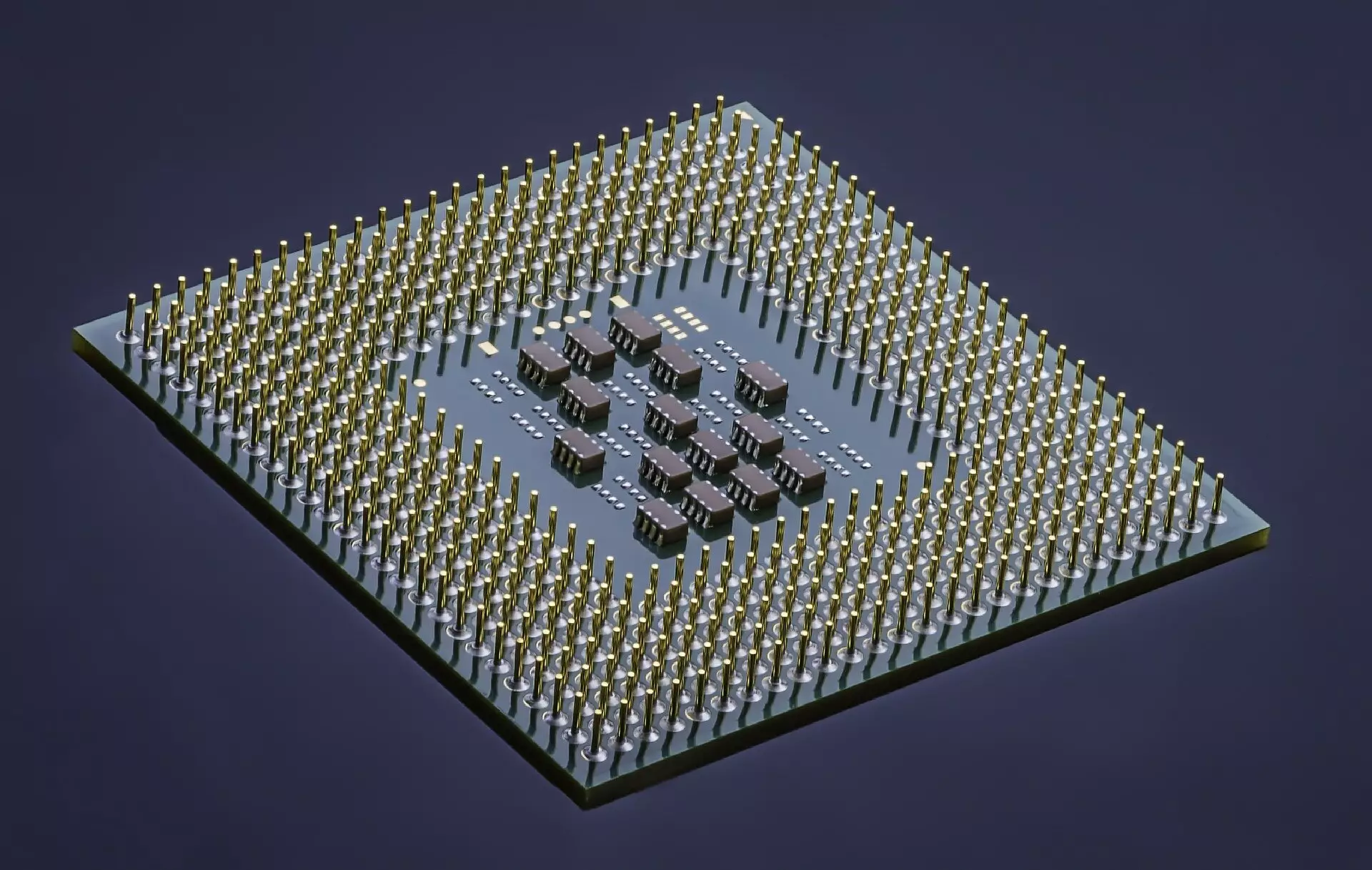On a pivotal Friday, the UK government made a significant strategic move by securing a semiconductor manufacturing facility in Newton Aycliffe, a region in northeast England. This acquisition is more than just a financial transaction; it signals a robust commitment from the UK to bolster its defense capabilities amid growing concerns over supply chain vulnerabilities. The factory is the sole facility in the nation equipped to produce gallium arsenide chips, an essential component used in various electronic systems, particularly those critical to national defense.
Semiconductors are integral to modern military technologies, enhancing the operational capacity of equipment ranging from advanced fighter jets to complex defense systems. Amid a climate of rising geopolitical tensions and technological competition, the importance of securing local semiconductor production cannot be overstated. Defense Secretary John Healey emphasized this, stating that semiconductors sit at the core of the technology that underpins both contemporary society and future military strength. This acquisition, amounting to approximately £20 million ($27 million), promises to safeguard up to 100 jobs while ensuring a steady supply of vital components for the UK’s defense portfolio.
The recent acquisition reflects larger trends in the global semiconductor market, which is poised to exceed a valuation of $1 trillion by 2030. Our daily lives are increasingly dependent on semiconductors, which power everything from smartphones to automobiles. The current competition, primarily between the United States and China, further complicates the semiconductor landscape. The UK’s move can be seen as a proactive measure to mitigate reliance on foreign suppliers, especially in light of the challenges faced by the semiconductor industry, such as the recent loss of a major contract with Apple that threatened the factory’s viability.
Transitioning the newly acquired facility into a production powerhouse named Octric Semiconductors UK symbolizes a clear intention to prioritize domestic manufacturing. This commitment not only aims to stabilize the current supply chain but also positions the UK as a potential leader in advanced semiconductor technologies. The integration of this production capability into the defense sector is expected to enhance Britain’s strategic autonomy while fostering innovation in vital areas, including artificial intelligence and next-generation wireless technologies like 6G.
As nations worldwide grapple with the complexities of semiconductor supply chains, the UK’s acquisition is a decisive move towards reinforcing its defense readiness and technological sovereignty. It highlights a growing recognition of the need for local production capabilities to ensure long-term national security. With advancements in military technology dependent on the availability and reliability of semiconductor supplies, this initiative could well be a cornerstone for the UK’s defense strategy in an increasingly competitive global landscape. By investing in local production and supporting workforce stability, the UK government is prioritizing its military future whilst navigating the intricate dynamics of the global semiconductor market.


Leave a Reply